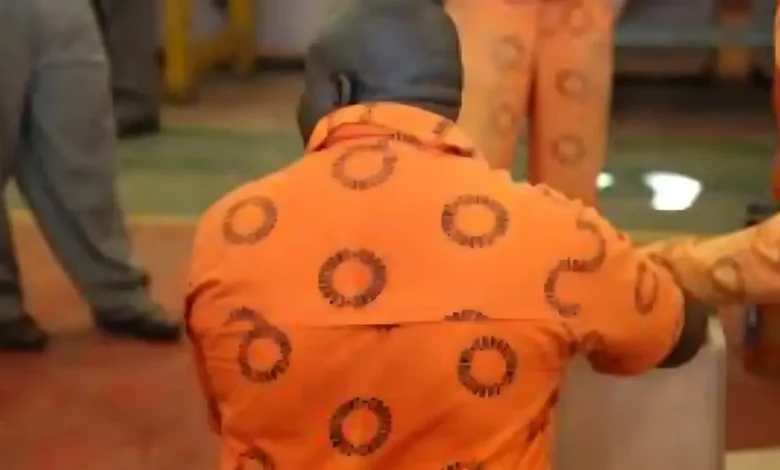
A Day of Celebration Turns to Protest
A highly anticipated prison graduation ceremony in Gauteng was abruptly cancelled on April 10, 2025, after a disagreement over dress code sparked protest among inmates. The event was meant to honour 129 incarcerated individuals who had completed various qualifications through correctional education programmes. Instead of donning graduation gowns, inmates were instructed to wear standard prison uniforms, which led to widespread refusal to participate.
What Was Meant to Be a Milestone Achievement
The Correctional Services Department organised the ceremony to celebrate inmates’ academic achievements, which included 138 qualifications. These ranged from basic certificates to postgraduate degrees. These accomplishments showcased the department’s efforts to rehabilitate inmates through structured learning programmes. Among the qualifications were 23 trade test certificates in technical fields such as electrical engineering, motor mechanics, welding, and fitting and turning.
The Conflict: Gowns vs. Uniforms
Tensions rose when inmates refused to wear prison uniforms for the ceremony. The Department of Correctional Services stated that inmates must follow official dress codes at public functions, including graduations. According to Correctional Services Minister Dr. Pieter Groenewald, inmates could not wear gowns during the official programme but could change afterward for photos with family and guests. Despite this option, the graduates rejected the condition and chose to withdraw from the event.
A Blow to Rehabilitation Efforts
The cancellation of the prison graduation ceremony has sparked public debate about dignity, discipline, and rehabilitation within correctional facilities. Supporters of the inmates argue that wearing graduation gowns shows progress and signals transformation. They believe that this symbolic gesture could inspire hope. Critics, however, argue that correctional rules must apply consistently, especially in prison environments. Many still believe the department could have made an exception, given the significance of this graduation.
Security Concerns Behind the Decision
Officials within the Department cited security risks as one of the key reasons behind the strict dress code. Graduation gowns, unlike prison uniforms, could conceal objects or allow for unauthorised movements. With families, officials, and community members present, security protocol had to take precedence. While this reasoning holds weight in the eyes of correctional staff, many believe there could have been alternative ways to safely honour the inmates’ hard-earned achievements.
Educational Opportunities in South African Prisons
South Africa’s correctional services offer inmates access to education through formal partnerships with institutions such as UNISA and TVET colleges. Many inmates complete studies in fields ranging from business to engineering. These efforts are part of broader rehabilitation strategies aimed at preparing inmates for successful reintegration into society. The prison graduation ceremony was intended not just as a celebration, but also as motivation for others behind bars to pursue education.
Balancing Rules with Rehabilitation
This incident highlights a broader challenge in correctional systems worldwide: how to balance safety and discipline with dignity and human development. Education is one of the most powerful tools for rehabilitation, and recognition ceremonies play a vital role in motivating inmates and acknowledging their progress. As the Department of Correctional Services reviews its policies, this event may serve as a turning point in how prison education milestones are celebrated in the future.
Looking Ahead
The disappointment surrounding the cancelled prison graduation raises important questions about prison culture, inmate morale, and the perception of justice. With 129 graduates left without recognition, the emotional impact on both inmates and their families is significant. Many are now calling for more flexible, yet secure ways to honour academic achievements behind bars. As rehabilitation remains a central focus of South Africa’s correctional strategy, future ceremonies may need to find a better balance between protocol and progress.